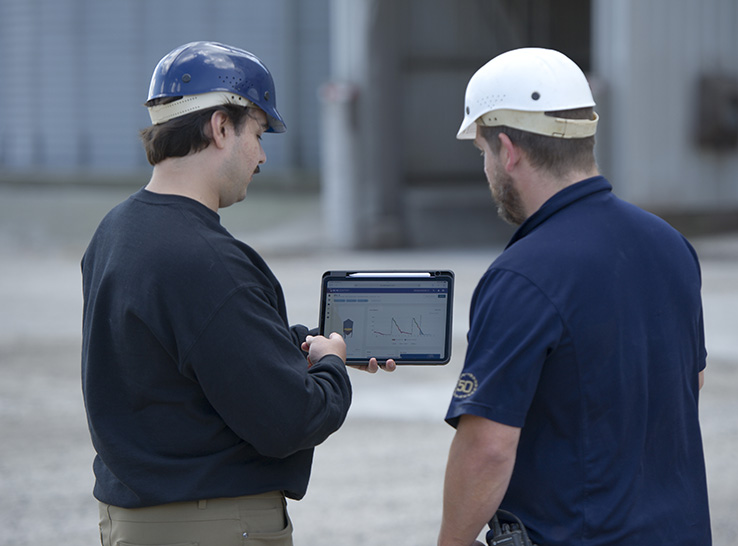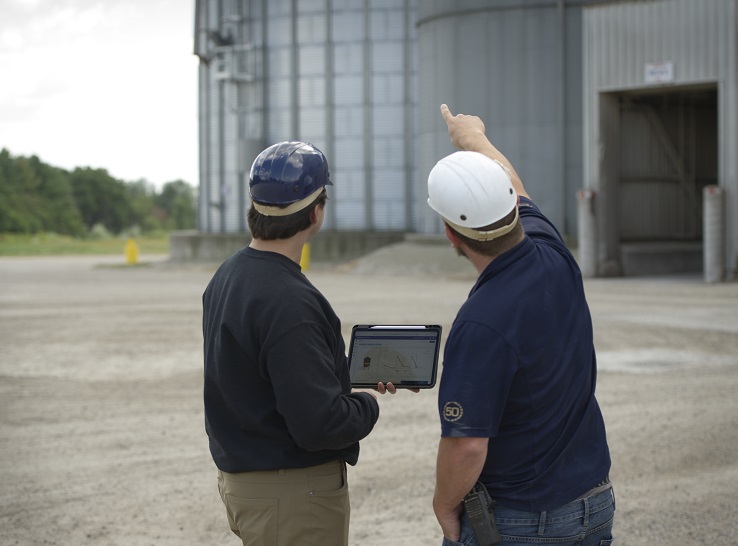New research by BinSentry has found that most feed outages are caused by bin slide-management errors, not running out of feed on-site.
The study identified — for the first time anywhere — a new category of feed outages and a measurable correlation between out-of-feed events, feed-conversion ratio (FCR) and the bottom line of producers, the company says.
“This is game-changing information,” says Ben Allen, BinSentry chief executive officer. “Before now, the industry was unable to identify a direct correlation between feed outages and FCR. We knew it must exist, but we just couldn’t find it. It turns out we were missing 80% of the problem because we didn’t have any reliable way to see what was going on inside the feed bins. Now we do.”
According to BinSentry, the results of the year-long study mirror what the company discovered by monitoring more than 25,000 feed bins — about one-third of them on poultry farms — in North America: Nearly 80% of out-of-feed events are caused by feed-bin slide-management errors, while only 20% are due to running out of feed.
Although the latest study tracked out-of-feed events at hog barns using BinSentry’s 3D optical sensors and artificial intelligence (AI)-powered software technology, new studies underway with major poultry producers are expected to generate similar results, the company says.
Real-time tracking
BinSentry technology allows producers to precisely track feed-bin levels and optimize feed management in real time while eliminating the need for unreliable and potentially dangerous manual inventory checks.
The company’s new Out-of-Feed Insights dashboard analyzes the sensor data with advanced algorithms and AI technology to detect and identify out-of-feed issues. This allows producers to monitor activity in all their barns, track the data over time and improve the weakest performers in their operation using automated notifications.
“With BinSentry technology, not only can you see these issues, your teams can be notified to take corrective actions, saving operators significant time and expense,” Allen says.
Click here for information on the study.





